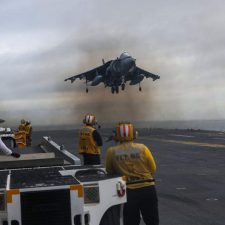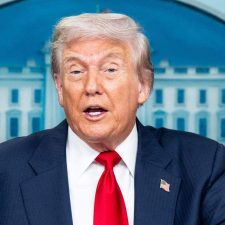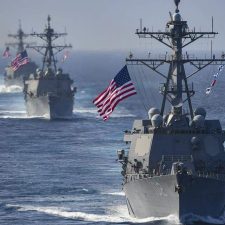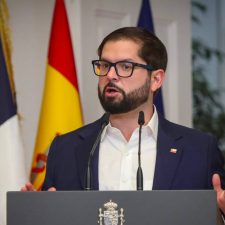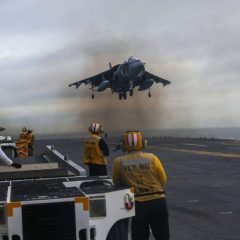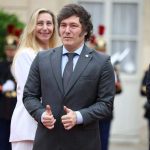(Photo: Fernando Llano AP)
Amid the massive anti-government protests that have left at least 29 dead and more than 400 wounded, Venezuela’s National Assembly president, Julio Borges — one of the country’s top opposition leaders — told me in an interview that there are behind-the-scenes talks with Latin American presidents to create a “group of friendly countries” that would seek a negotiated solution to the political crisis.
In recent days, Latin America’s biggest nations — including Mexico, Brazil, Argentina, Colombia, Peru and Chile — have signed joint statements demanding the restoration of the National Assembly’s constitutional powers, the release of political prisoners and free elections.
“But there is an additional step that must be taken,” Borges told me. “That step consists of the presidents themselves appointing a group of heads of state or of friendly countries that really put pressure on the Venezuelan government to reach a democratic and constitutional outcome, so that we can have free elections.”
That “group of friendly countries” would replace the failed mediation effort by the Vatican and the Union of South American Nations (UNASUR), which was used by President Nicolás Maduro to gain time while staging a de facto coup. During that dialogue, the Maduro regime abolished virtually all powers of the National Assembly, where the opposition had won a majority in the 2015 legislative elections. It also took more political prisoners, and banned top opposition leaders from running for office for up to 15 years.
To continue reading this article click The Miami Herald
Etiquetas: crisis, Maduro, Venezuela

 Share On Facebook
Share On Facebook Tweet It
Tweet It

